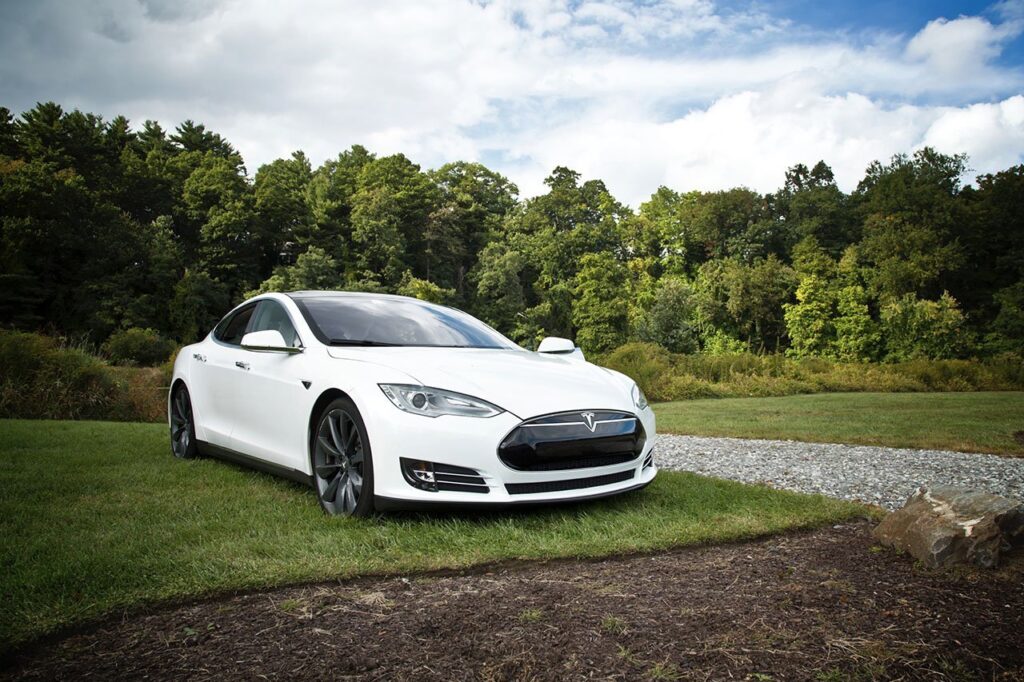Mileage rates for electric and hybrid cars

Everything you need to know...
There is some confusion over how businesses should calculate the mileage for electric and hybrid company cars.
HM Revenue & Customs (HMRC) don’t currently have separate ‘approved’ fuel rates for these vehicles.
Don’t worry, we’ve explained the mileage rates for company cars.
Mileage expenses for an electric company car
HMRC do recognise that employees should be reimbursed for costs incurred by business travel, but they’ve not made it easy to work out.
There are three options for employers with employees who drive electric cars as company vehicles:
- Use the advisory fuel rate based on the lower of the petrol or diesel tariff
- Use the calculated cost of the electricity used from a domestic supply to charge the car
- Pay a rate that can be calculated accurately as a true cost to the employee
Where the employer uses the advisory fuel rates (or lower rates), then no liability to tax or NICs will arise on the payments and they do not need to be report to HMRC.
Don’t forget, whichever method is used to reimburse mileage, the employer must maintain adequate records to substantiate that the correct amount has been paid. Failure to keep adequate records may lead to additional tax and NIC liabilities, and penalties.
Mileage expenses on an electric personal vehicle
If you’re working out business mileage based on a personal electric vehicle, or if you’re claiming for your home office, the full AMAP allowance can be claimed. This is 45pp for the first 10,000 miles and 25pp thereafter.
Why?
Well, AMAP is not fuel dependent. It just covers the cost of owning and running a vehicle, including VED tax, MOTs and repairs.
What about working out the business mileage expense for hybrid cars?
Working out mileage expenses for hybrid cars is more straight-forward.
They are treated as either petrol or diesel for the purpose of the advisory fuel rates, so employers can just use the appropriate current rates:


We’re waiting on HMRC to finally publish separate ‘approved’ fuel rates for electric and hybrid cars. But, until then, we hope this helped you out!


